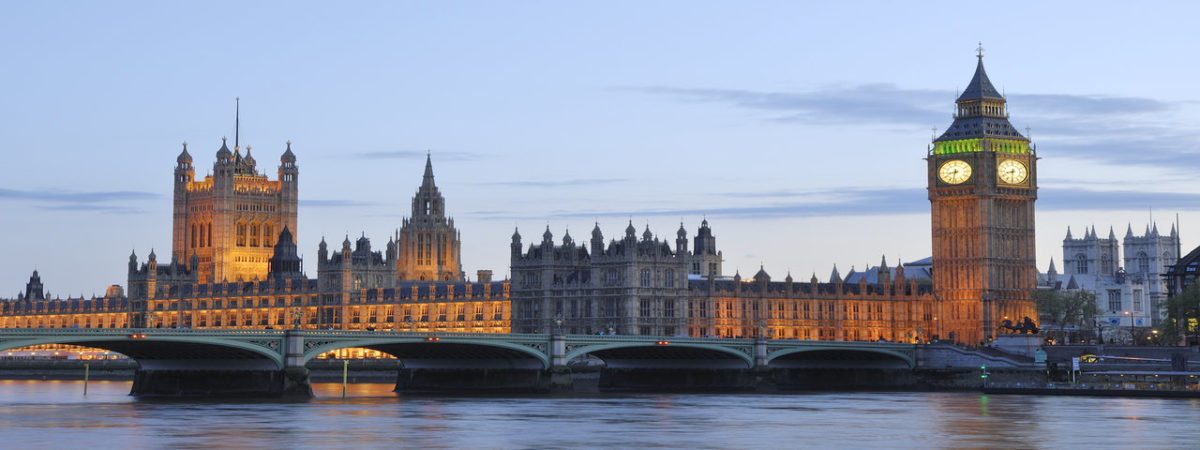Fisheries policy outside the EU: A Briefing
SUGGESTED

Global economic freedom up slightly; UK ranks 10th among 159 jurisdictions

Former World Bank economist says advancing political & economic freedom is the way to alleviate poverty

Adopt Icelandic style fisheries policy to boost sustainability
- Whatever trade arrangement the UK decides to adopt with the EU post-Brexit, the UK government will have authority over fisheries policy.
- Under the EU’s Common Fisheries Policy (CFP), after many years of stock decline, there has been a recent stabilisation and even increase in stocks. However, the CFP is not an effective way for managing fishing rights.
- Other countries such as Iceland have more effective policies that lead both to sustainable management and also reduce conflict between different interests.
- The UK should adopt a tradable quota share system whereby quotas are allocated as a share of the annual total allowable catch in perpetuity.
- Such a system mirrors the way in which property rights on land encourage sustainable farming.
- Under such a system the quota-holders have an incentive to agree the total allowable catch to maximise sustainability.
- In-shore fisheries might be better managed in other ways with self-management often being more sustainable than government regulation.
- Having determined the principles by which the system should operate, there are a number of practical difficulties that need to be addressed. These are important issues, but need not get in the way of the development of an effective and sustainable property-rights based system for allocating fishing rights
This paper featured in The Times and City AM.
Fullscreen Mode




